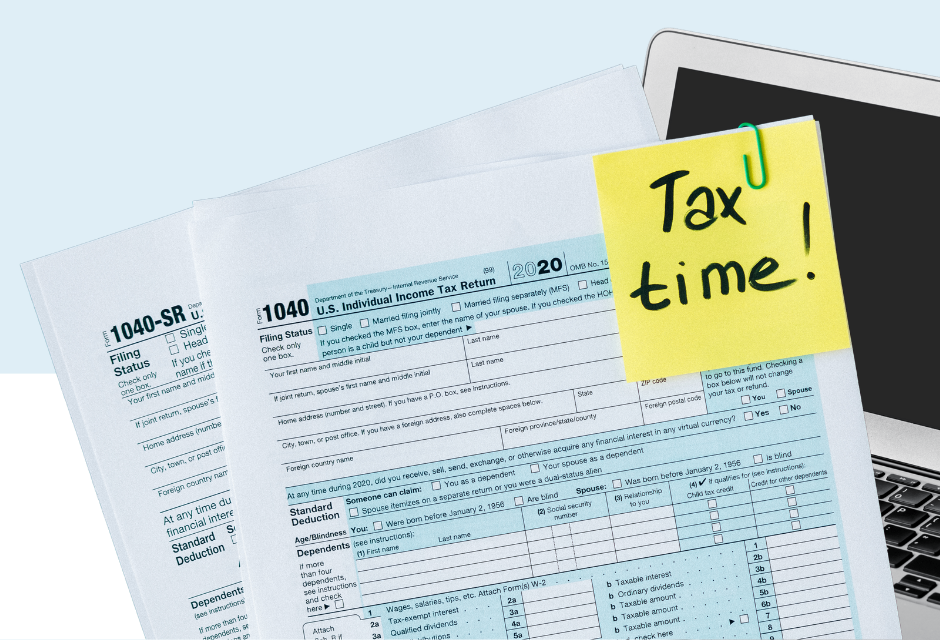Here are tips to be ready
(Hint: Talk with your divorce attorney as soon as possible.)
Your taxes will be due before you know it and there are certain aspects to finalizing your tax return that are unique to divorcing couples.
Lisa Zeiderman, a New York based matrimonial attorney, Certified Divorce Financial Analyst and Certified Financial Litigator, encourages clients to discuss their tax returns with her early in the year. Planning is important to ensure there is ample time for both parties — particularly in the case of high-net-worth or high-conflict couples — to review a joint tax return prior to filing it.
First, figure out how you are filing
If you were divorced before the end of the tax year (i.e. before December 31, 2022) you will be filing your own tax return without your spouse.
If you are anticipating or in the midst of a divorce, it is very important to speak to your divorce attorney as soon as possible if you are filing a joint return – or, if you are not yet sure how you will file. You will need a head start to ensure you get your tax return in order well ahead of the deadline.
Tips for filing a joint return
Filing a joint tax return will usually save money for the family unit as a whole, and it is a common way for soon-to-be-divorced couples to handle filing taxes while a divorce action is pending.
- If you are planning to file jointly, you should have an indemnification agreement which makes clear that you are signing the return with the understanding that your spouse is solely responsible to the government for any fines or other issues that might arise in the event that he or she misstates income or takes improper deductions.
- It is important to figure out deductions each of you will take and coordinate as appropriate.
- You must ask to have ample time to review the tax return ahead of time to make sure that you and your own accountant have time review it and still file by the deadline.
- Remember you need to agree on how refunds and monies owed for taxes are divided.
- One last point: Make sure to review lines 34-36 of Form 1040 of the tax return, to ensure your spouse is not hiding assets by overpaying taxes and indicating that the overpayment should go toward his or her next return.
The last thing you want on top of the typical stressors of divorce is to have to scramble right before tax time when everyone – including your attorney and accountant – is stretched to their work limit!

